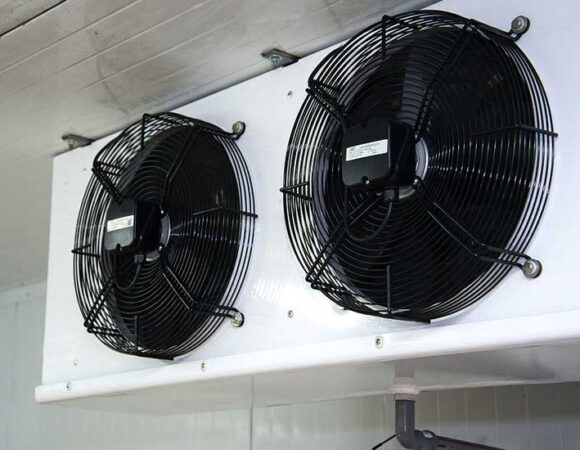Here are some energy efficiency tips for commercial HVAC in Seattle:
Install energy-efficient HVAC components: Low-flow water pumps, coolant pumps, and other modern components can reduce the consumption of energy significantly. Choose HVAC components with the Energy Star rating to be sure of their efficiency. Upgrade to more efficient equipment. Newer HVAC equipment is more efficient than older equipment, which can save you money on your energy bills. When choosing new HVAC equipment, look for equipment that has an Energy Star label.
Seal air leaks: Poor insulation and gaps around windows and doors can result in huge energy losses. Seal any leaks around the ducts, windows, and doors and inspect the building for other energy-wasting weak spots. Air leaks can cause your HVAC system to work harder, which can lead to higher energy bills. Seal air leaks around windows, doors, and other openings.
Use programmable thermostats: Programmable thermostats can help you save energy by automatically adjusting the temperature of your HVAC system when you're asleep or away from the office. Invest in smart thermostats and programmable thermostats to maximize energy savings and keep the indoor temperature consistent and comfortable.
Inspect and clean the HVAC unit annually: Use natural ventilation. When possible, open windows and doors to let in natural ventilation. This can help to cool or heat your building without using your HVAC system. Clean the air filters, coils, fins, driers, and other components to ensure maximum efficiency.
Install shades or blinds: Shades and blinds can help to keep the sun out of your building, which can help to keep it cooler in the summer.
Plant trees: Trees can help to shade your building in the summer, which can help to keep it cooler.
Utilize zoning: Zone-controlled HVAC systems allow individual temperature settings for different areas, ensuring only energy is used as needed.
Use natural ventilation and fans: Utilize natural ventilation from breezes as much as possible by installing windows, roof openings, or new vents in the building. In addition, use a central exhaust or bathroom fans to prevent warm, humid air from condensing in the space.
Get a tune-up: A qualified technician can inspect your HVAC system for any problems and make sure it's running properly. A tune-up can help to improve the efficiency of your HVAC system and save you money on your energy bills.
Consider a green building design: Green building designs can help to reduce your energy consumption and save you money on your energy bills. Green building designs can include features such as passive solar design, energy-efficient lighting, and water conservation.
By following these tips, you can help to make your commercial HVAC system more energy efficient and save money on your energy bills.
Here are some additional tips for commercial HVAC in Seattle:
Use a demand-side management program: Demand-side management programs (DSM) are programs that help commercial businesses reduce their energy consumption during peak demand periods. DSM programs can offer financial incentives for businesses that participate.
Take advantage of rebates and tax credits: There are a number of rebates and tax credits available for businesses that make energy-efficient upgrades to their HVAC systems. Check with your local utility company or state government to find out what rebates and tax credits are available.
Work with a qualified HVAC contractor: A qualified Seattle HVAC contractor can help you choose the right HVAC system for your needs and install it properly. A qualified contractor can also help you maintain your HVAC system and troubleshoot any problems.

